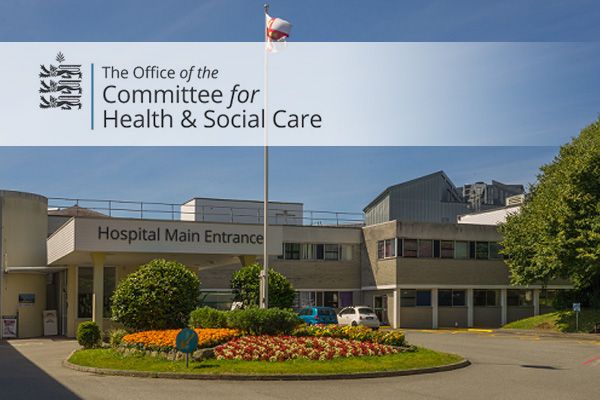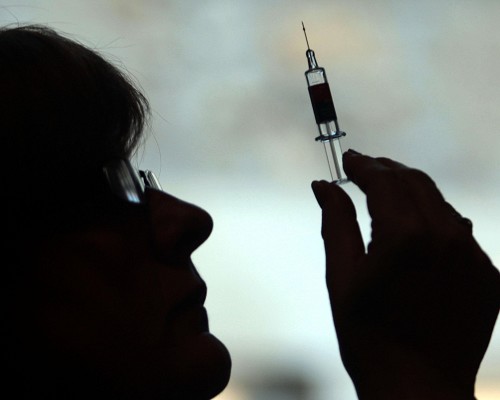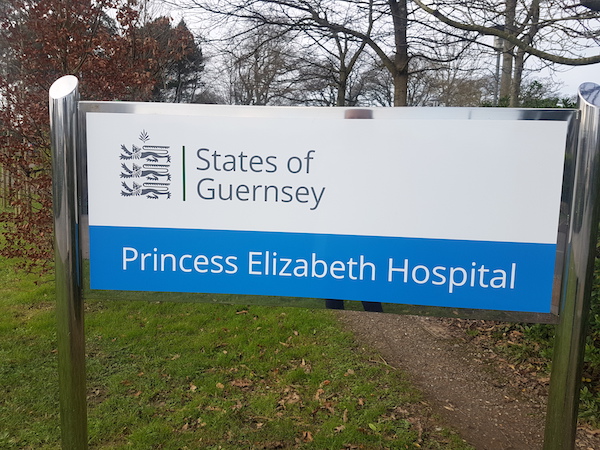

Guernsey's health bosses have issued a reminder about the symptoms of meningitis along with a warning about how serious it can be along with advice for anyone who is concerned.
The Committee for Health and Social Care told Express it was issuing the information in response to "a number of reports on social media with regard to meningitis."
What is it?
Meningitis is "an infection of the protective membranes that surround the brain and spinal cord (meninges)" and it can affect anyone but it is known to be most common in:
HSC has said meningitis can be "very serious if not treated quickly" warning that it can cause life-threatening blood poisoning which is also known as septicaemia and that it can result in permanent damage to the brain or nerves.
Symptoms?
Meningitis has a number of symptoms and they can develop suddenly. These symptoms can include:
HSC said these symptoms can appear in any order and some may not appear.

How is meningitis spread?
Meningitis is usually caused by a bacterial or viral infection and bacterial meningitis is "rarer but more serious" than viral meningitis. The infections that cause meningitis can be spread a number of ways:
Meningitis is usually caught from people who carry the above viruses or bacteria in their nose or throat but aren't ill themselves. It can also be caught from someone with meningitis, but this is less common.
Getting medical help?
If you are concerned that you or your child could have meningitis, HSC said you should get medical advice as soon as possible. Parents should always "trust your instincts and don't wait until a rash develops" with HSC adding that you should call 999 for an ambulance or go to the Princess Elizabeth Hospital if you think you or your child might be seriously ill.
If you have any queries or concerns you can contact the Bailiwick's Infection, Prevention and Control Team or Guernsey's Director of Public Health on 725241.

Anyone with suspected meningitis will usually need to have tests conducted in hospital to confirm the diagnosis and also to check whether the condition is the result of a viral or bacterial infection.
If a patient is found to have bacterial meningitis, they will usually need to be treated in hospital for at least a week with treatments including:
Patients suffering from viral meningitis tend to get better within seven to 10 days and they can often be treated at home. HSC said "getting plenty of rest and taking painkillers and anti-sickness medication can help relieve the symptoms in the meantime."

Vaccinations?
Vaccinations for meningitis are available with HSC explaining that they can offer "some protection against certain causes of meningitis" adding that the vaccinations are offered as part of the routine vaccine programme in Guernsey and Alderney. Whilst Guernsey and Alderney have a high vaccine uptake HSC said it would encourage any parents whose children have not received these vaccines or are unsure about their children’s vaccine status to contact their GP practice to discuss this further.
You can find more Information about the Guernsey Immunisation Programme here.

QUESTIONS?
If anyone has any queries or concerns you can contact:
or
They can both be contacted on 725241.
Comments
Comments on this story express the views of the commentator only, not Bailiwick Publishing. We are unable to guarantee the accuracy of any of those comments.